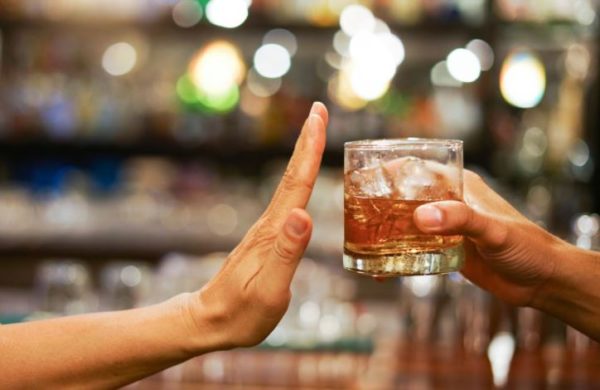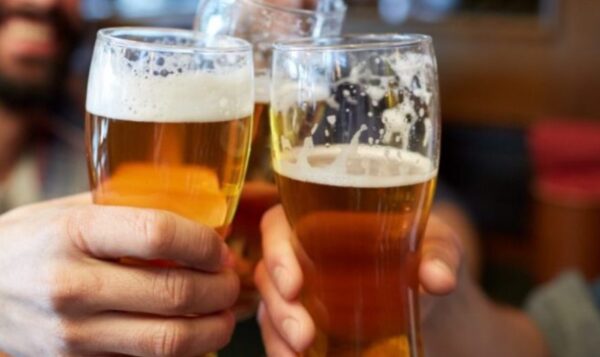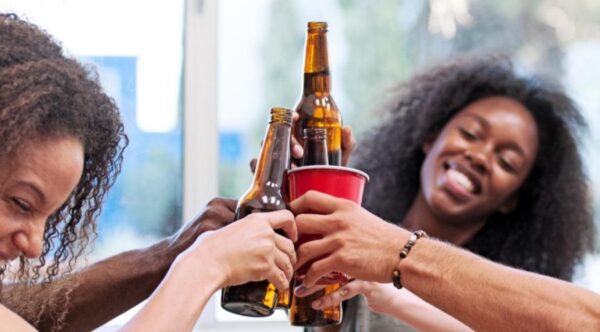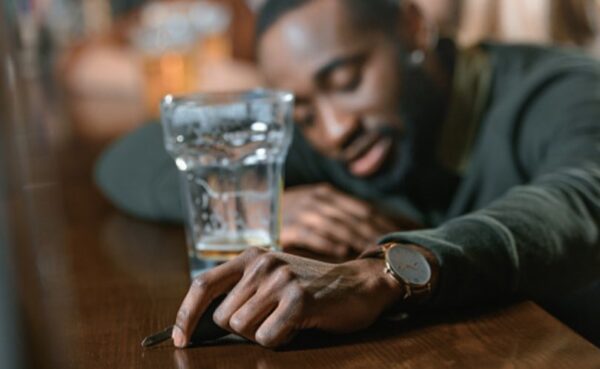Lifestyle
8 things that happen when you stop drinking alcohol

If you’re thinking about quitting drinking, or maybe just slightly changing your relationship with alcohol, you might be intimidated by some of the side effects of cutting back on your consumption of booze.
Drawing on scientific evidence, we’ll be laying out eight things that are likely to happen when you stop drinking alcohol — the good and the bad.
Here’s a list of them below:
1. Withdrawal
The crazy thing is, if you’re feeling withdrawal symptoms, this means you’re doing something right. Anybody with a physical addiction may need to seek medical assistance when stopping.
2. Better skin
Drinking alcohol can cause the blood vessels near our skin to expand, causing redness in our complexion or a flushed appearance: this goes away when you stop consuming alcohol. As a diuretic, alcohol causes dehydration which can make our skin look worse. By drinking plenty of water and stopping drinking alcohol, your skin can restore itself to its natural plumpness and healthy glow, and wrinkles and bad skin will start to diminish.
3. Cravings
Alcohol is an extremely addictive drug, and if you have been consuming it for a long time, it is likely that you have been conditioned to think that you “need” to drink in certain social situations, like weddings or on a date. You may feel like you’re missing out on something. It may take some time for the cravings to go away, but remember, the cravings are entirely normal.
4. Peer pressure
It’s entirely possible that when you stop drinking and hang out with your friends, there may be some resistance. You have to be very firm, and tell them what you’re doing… Most of the time, if your friends are cool, they’ll get the point and back off.
5. Sleeping better
Citing a 2015 study about the effects of alcohol on the brain when we sleep, it explained that alcohol has been linked to low wave non-rapid-eye-movement (NREM delta power) sleep, which can mean waking up more often in the night. While you may fall asleep quickly with alcohol, your actual sleep quality is far worse. When you stop drinking, you may find it harder to fall asleep at night, but you’ll feel much more rested and energized.
6. Sugar cravings
Consuming alcohol, caffeine or sugar all lead to the release of dopamine and serotonin, the “feel good” neurotransmitters. So when you stop consuming one of those things, e.g. alcohol, your body might start craving other sources, e.g. sugar. Also, when you stop drinking, you can expect your blood sugar levels to drop dramatically. Don’t give yourself a hard time. You’re currently recovering, which wreaks complete havoc on your body, and is going to take time.
7. Mental clarity
Making important decisions becomes a lot easier, and thinking through problems is more straightforward. You’re also able to deal with emotions much easier. It feels less like you’re on an emotional rollercoaster, and you end up feeling quite stable.
8. Fear of missing out
You may very well feel like you’re missing out on certain activities or events. To be honest, this may take some time to get to grips with, and changing your relationship with alcohol will take some time. When you’re seeing other people having fun while drinking, you’re only seeing that short window, not the hangovers, arguments and illness that may follow.










